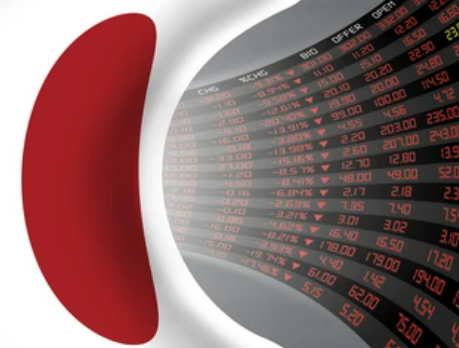
Aria Thomas
Jun 01, 2022 14:49

Panasonic (OTC:PCRFY) Holdings Corp, which manufactures batteries for Tesla (NASDAQ:TSLA) and other automakers, stated on Wednesday that it anticipates a recovery in global vehicle production this fiscal year, but that the two-year semiconductor shortage will persist.
Masashi Nagayasu, CEO of the Japanese conglomerate's automotive business, which manufactures in-car infotainment systems and other auto components, stated, "We will operate our business in consideration of the risks of fluctuations in vehicle manufacturing."
Nagayasu stated on the first day of Panasonic's annual investor event that the company has no plans to produce automobiles.
Panasonic, whose automotive division accounts for approximately 14 percent of its entire revenue, anticipates a 19 percent increase in sales for the fiscal year ending in March 2023. It anticipates an operational profit increase of roughly 17 percent.
Due to component shortages caused by COVID-19 lockdowns in China and higher commodity prices as a result of Russia's invasion of Ukraine, the company stated last month that it did not anticipate a profit increase for this fiscal year.
(This item corrects the firm name in paragraph 1 to Panasonic Holdings Corp from Panasonic Corp, and the sales growth forecast in paragraph 4 to 19 percent from 10 percent, and the operating profit forecast to nearly 17 percent from 15 percent decline.)

May 31, 2022 11:35

Jun 02, 2022 15:55